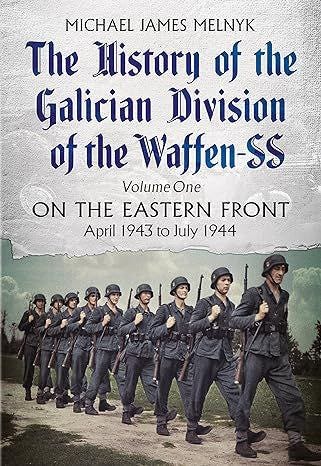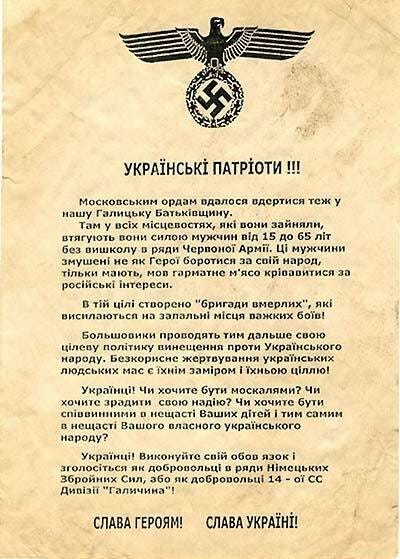Canadian Parliament Gives a Nazi Veteran a Standing Ovation Reveals Hidden Legacies
Ukrainian President Vladimir Zelensky welcomed Yaroslav Hunka, a former soldier of the SS Galicia Division, to the Canadian Parliament.
The Canadian Parliament recently found itself in the midst of a profound controversy as members accorded a standing ovation to a 98-year-old Ukrainian immigrant, Jaroslaw Hunka, a veteran of the notorious 14th Waffen SS Galicia. Also known as the First Ukrainian Division, the division was trained and armed by the Nazis and was commanded by German officers, leaving a legacy of numerous war crimes committed during the Third Reich. This particular Nazi veteran was acknowledged for his contributions in fighting against the Russians during the Second World War.

So how did this happen? Was it merely an oversight or is there more to the post war story than the average citizen has been lead to believe?
Approximately 2,000 members of the 14th Waffen SS Grenadier Division, also identified as SS Galicia, were granted refuge in Canada post World War II due to their obvious anti-Soviet sentiments. Irving Abella, a Canadian historian, even claimed that the SS tattoo was a sort of silent key to the gates of Canada, a symbol of anti-Red alignments, a hidden pulse in the Cold War’s brewing symphony. The ongoing revelations and research underscore Canada's seemingly inadvertent role as a sanctuary for those involved in World War II atrocities.
The interrogations and investigations into the backgrounds of the immigrating division members were marred by a lack of multilingual capabilities, rendering a genuine and comprehensive inquiry nearly impossible. The majority settled in major Canadian cities, with around half purportedly still alive today. Former Prime Minister Pierre Trudeau reportedly conveyed the government's reluctance to pursue war criminals to avoid inflaming tensions between Jewish and Eastern European communities within Canada.
The disclosures spotlight Canada’s paradoxical stance, juxtaposing its international image with its internal historical contradictions, bringing to light the tension between its purported opposition to Nazi ideologies and its sheltering of individuals implicated in wartime atrocities, rewriting of history, and increasingly fascist policies. Perhaps it really isn’t so surprising Jaroslaw Hunka received a standing ovation on Friday.
-The Shultz Report by M. Shultz




